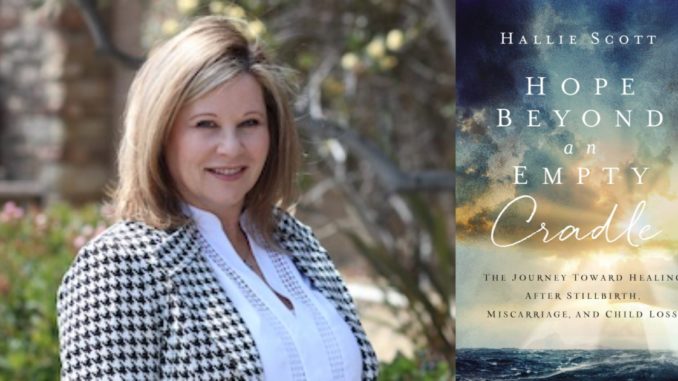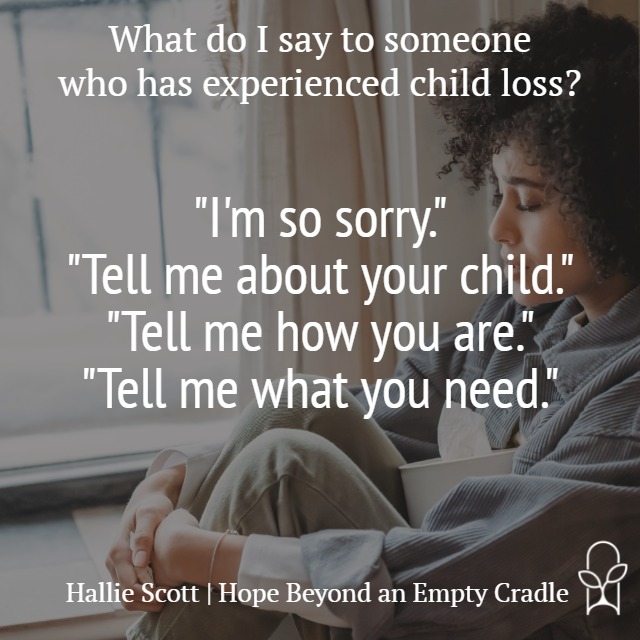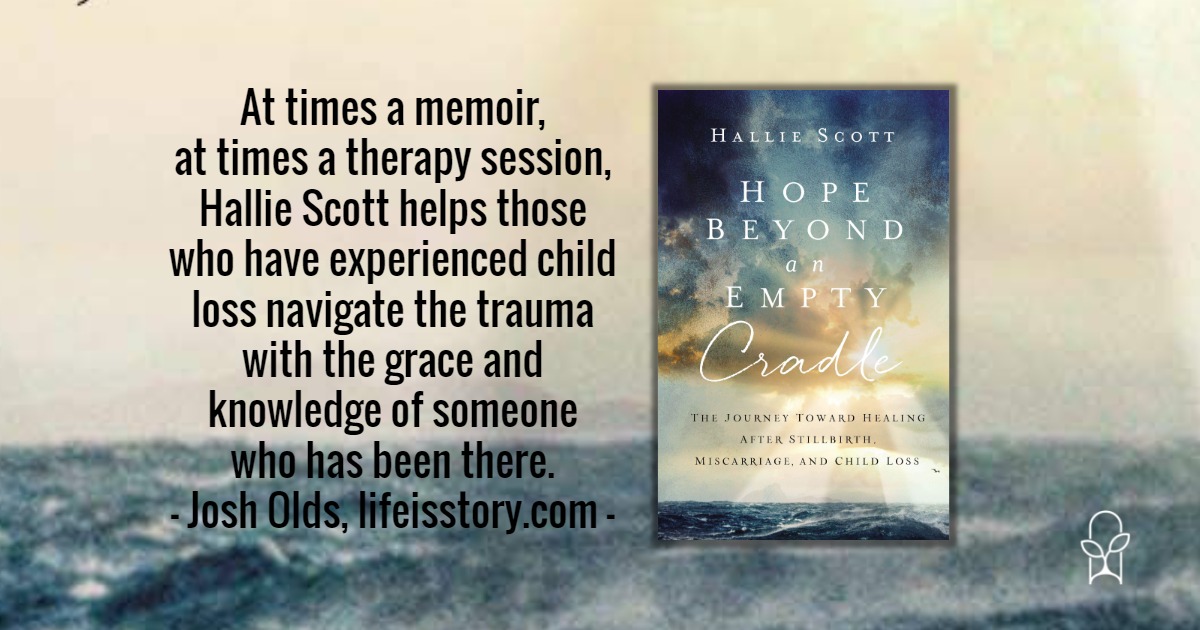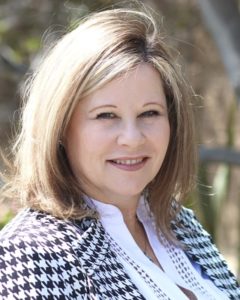
Podcast (beyond-the-page): Play in new window | Download
Subscribe: Apple Podcasts | RSS
Child loss affects more families than we know, because it’s something that’s rarely discussed—and even more rarely discussed in a way that’s helpful and healing. I’m so thankful for Hallie Scott’s willingness to share her story with us on the podcast. Hallie speaks out of her own personal and professional experience to give encouragement and solidarity to those who have undergone the trauma and tragedy of child loss.
The Interview | Hallie Scott
This excerpt has been lightly edited for content and clarity. Listen to the full interview in the audio player above or wherever you get your podcasts.
Josh Olds: Tell the story behind Hope Beyond an Empty Cradle.
Hallie Scott: In 2009, my husband and I delivered our daughter and she was stillborn. And out of that came this journey of being a therapist and not anticipating this kind of pain. And so then I started meeting all these other moms that had miscarriages and late-stage miscarriages, and their children have died or they’ve had stillbirth. I realized how much silence was around it. And then how much retraumatization was around it. I felt called to write this book to say, “This is a real, valid thing.” Let’s look at this a different way. So that’s what the book is about.
Josh Olds: This is something that you probably could have hidden the personal side and just written this from your professional perspective. How important was it for you to talk about your own personal experience with stillbirth and miscarriage?

Hallie Scott: I think it was super important. And the thing nobody knows about me is how private I am. So it would have been so easy for me to hide it. Putting it out there is sort of a challenge. But I think we need to. I think I would be doing the same thing that I’m telling people not to do. And saying to hold this close, to carry it alone. But I also wanted to say, “Hey, I have a daughter, and nobody gets to know her.” So I think that became important for me.
Josh Olds: Let’s close with this: The things that people say. It reminded me there’s this scene in the gospels during Jesus’ transfiguration. And you know, you’ve got Moses and Elijah and Jesus, and they’re all up there on the mountain. And Peter, James and John are watching and everyone is speechless, except for Peter. And the verse in the Bible says, “And he did not know what to say, so he said…” and I feel like that phrase captures the way that most people respond to child loss. They don’t know what to say…And so they say the most unhelpful and unintentionally hurtful things. What should we say instead?
Hallie Scott: The thing that I—that we—want to say is, “I’m so so sorry. How can I be of help? What do you need?” And if they don’t have the answer, then you say, “Let me get you a glass of water. And I’ll just stay here with you.” But, but other than that, there’s nothing to say.
There is “Tell me about your child.”
There is “Tell me how you are.”
There is “Tell me what you need.”
But outside of that it gets pretty hairy. Even in words like “God loves you.” Those come back and feel like a dagger sometimes. So you have to be kind of careful with it. Even even for the most, for lack of a better term, the most godly, that can still be a dagger. So you just you just sit, you just listen, and you have conversation of “Tell me about your child and tell me about your experience.” And I will sit and I will listen.
The Book | Hope Beyond an Empty Cradle

Read the full Life is Story review.
Tens of thousands of women and families every year lose a baby to miscarriage, stillbirth, or infant death. The statistics are sobering–between 10% and 20% of pregnancies end in miscarriage, 1% in stillbirth, and nearly 23,000 babies die before their first birthday–but statistics alone miss the depth of the hurt. Each loss is personal and devastating.
No woman is prepared to lose a baby, and caregivers are often unaware of how best to help. In Hope Beyond an Empty Cradle therapist Hallie Scott first shares her own story, as a mother whose only child, Abigail, was stillborn, and then leads readers through a healing process that makes space for heartbreak, despair, guilt, questions, and anger. Life is never the same in the wake of the loss, but a new normal is possible.
The book will be a welcome resource for families who have lost a child, as well as for those seeking to care for them in their traumatic grief.
The Author | Hallie Scott
 Hallie Scott (MA, Azusa Pacific University) is a licensed marriage and family therapist in private practice in Brea, California, and an adjunct professor at Azusa Pacific University. She and her husband lost their only child, Abigail, to a stillbirth in 2009.
Hallie Scott (MA, Azusa Pacific University) is a licensed marriage and family therapist in private practice in Brea, California, and an adjunct professor at Azusa Pacific University. She and her husband lost their only child, Abigail, to a stillbirth in 2009.
